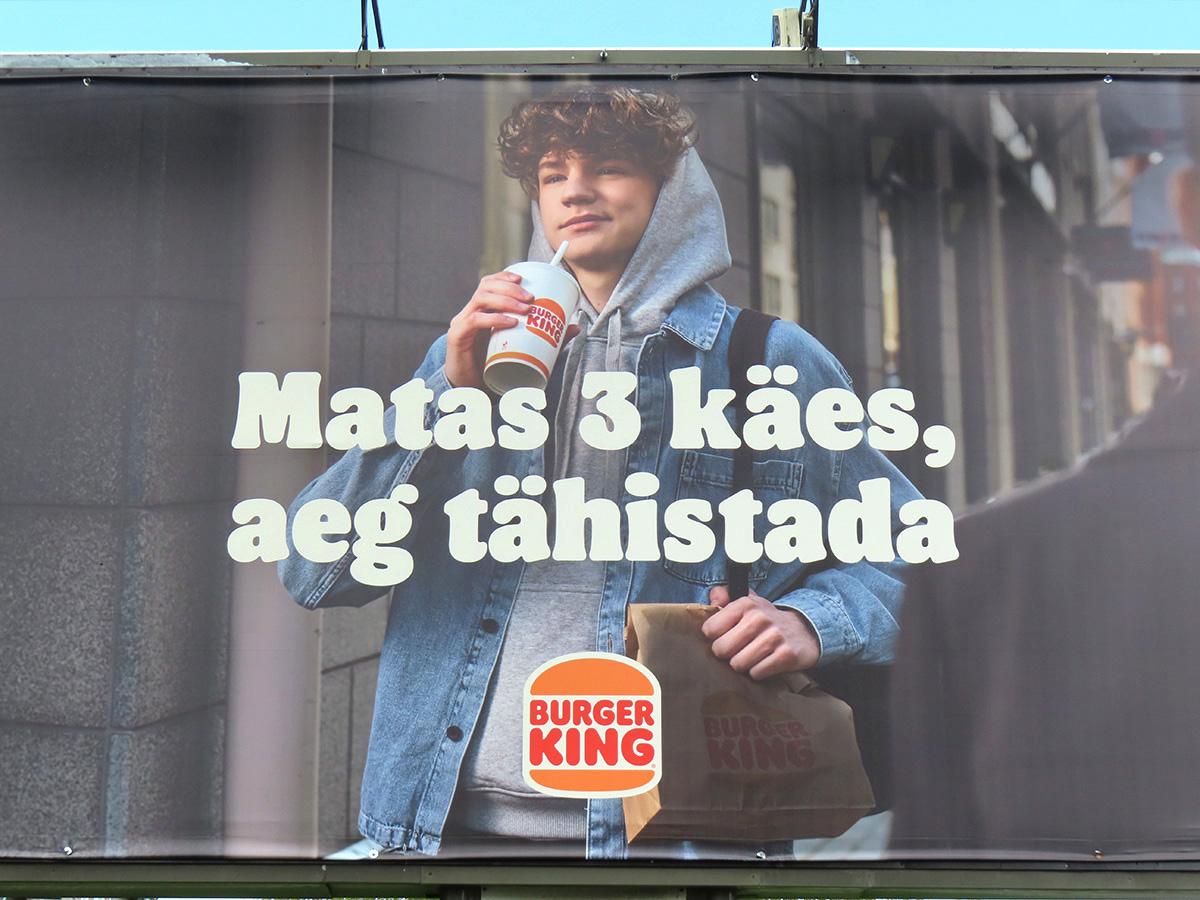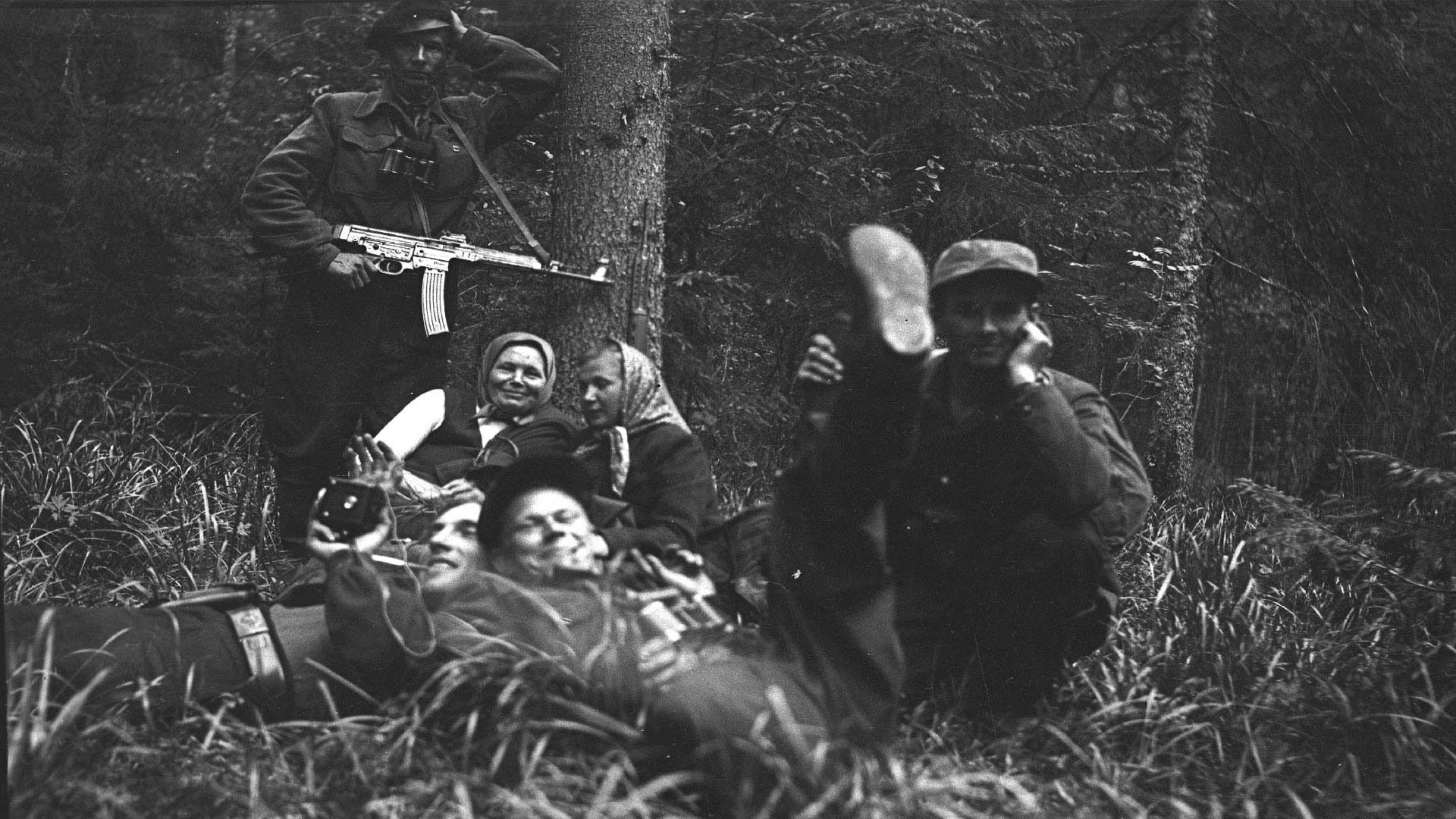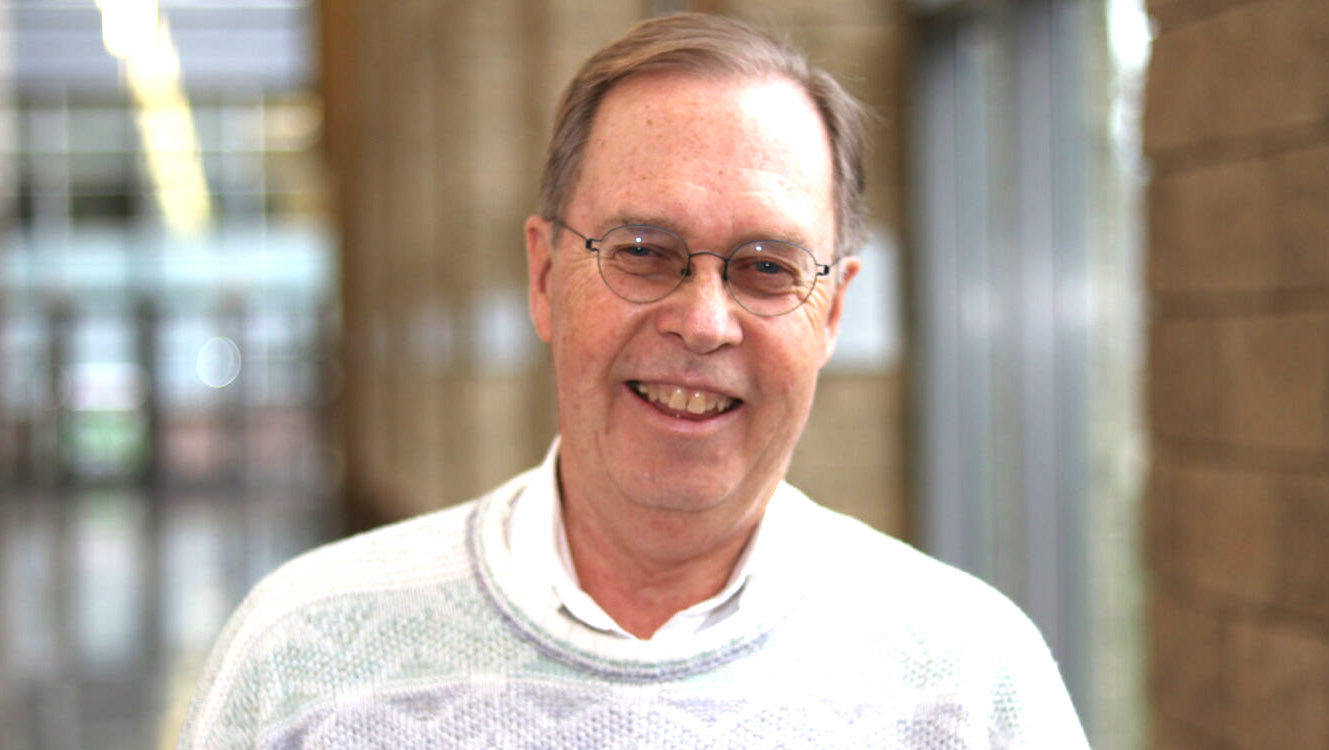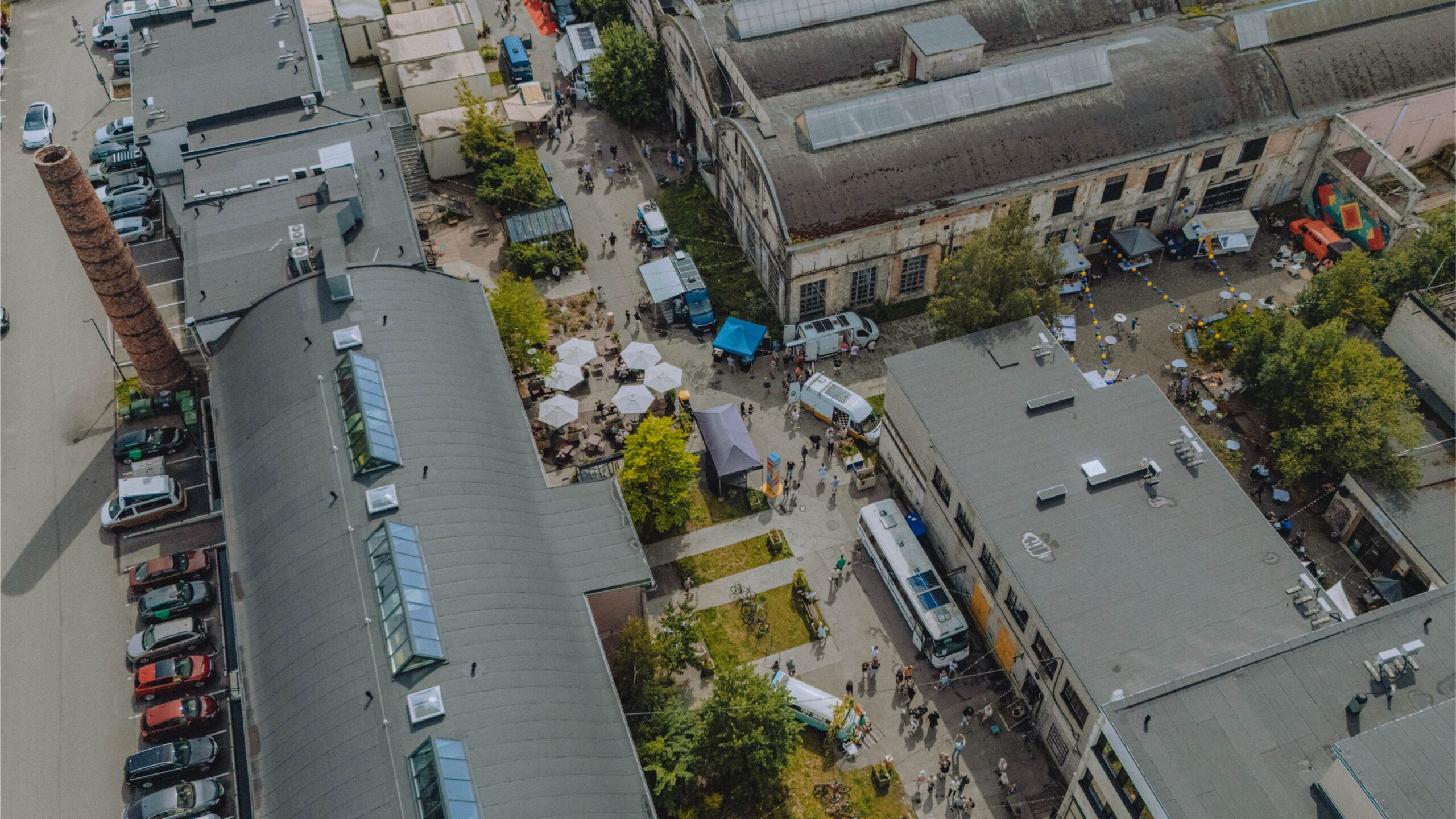Any joke that needs explanation is not worth the time to tell it. Allowing for the reality that this is a translation, read by some who may not be aware of the Estonian joke-telling tradition, English readers, alas, 'tis necessary. The two large Estonian islands of Hiiumaa and Saaremaa have for centuries, no exaggeration, been in friendly one-upmanship contests. On the mainland Viljandimaa is the home of the mulks – stereotypically rich, thanks to their fertile lands, known as well as for the ability, like many Estonians, to underline the fact that their county is better than any other. Rubbing in the wealth factor to boot.
Apparently the following originated in Hiiumaa, after an outbreak of the novel corona virus in Saaremaa, caused by the visit of Italian athletes for a competition there. At the time, Italy was one of the world’s hotbeds of COVID-19, thanks to the large number of imported Chinese national workers there. Physical distancing became necessary, and the hiidlased joked that it was not necessary on their island, as it is so sparsely populated. And as for Mulgimaa, the hiidlased joked that because the mulgid are legendary for being skinflints, not wishing to give anything at all away. Hence they would keep the virus to themselves.
Well, guess you have to be Estonian to smile. Which brings this writer to bemoan our present mask culture. It is necessary, no doubt, and why some morons choose to make this a personal rights issue boggles the mind. It is common sense.
What the mask prevents is the sharing of facial expressions. Raised eyebrows could mean displeasure. Coupled with turning the frown upside down though, it is a sign of pleasure. Smiles cannot be seen. Nor even the slight up-tick at the corner of the mouth after a bad pun, for which, alas, the undersigned is maligned for far too often. Or for twisting song titles and lyrics. As an example, take the Payolas 1982 hit, “Eyes of a Stranger.” Made the mistake of singing to a girlfriend “you have the thighs of a ranger.” Whoops, bad call.
Now happily married, these mistakes do not occur. Often. One also has to be careful when and where to crack wise in this humourless world. Post 9-11 airports are such places, where humour is forbidden. Grocery store line-ups are not the place to make mask jokes as well. Although I have a few, thanks to my elementary school days. Thanks to the Estonian first name, which gave classmates, never mind the principal trouble one acquired nicknames. Among them Tonto, the Lone Ranger’s sidekick. Many a joke came out of the schoolyard, and unfortunately most of them, which began “Meanwhile, back at the ranch, Tonto…” are not suitable for a family publication. Amazing, is it not, that children learn double entendres so young. They were not politically correct either. Yet still funny.
As an Estonian, who thanks to other children became Indigenous I learned the war whoops, which, of course, cannot be repeated in today’s censorious and judgmental world. Previously I have written about sociologist Alan Dundes and his ethnological studies of humour. As a coping mechanism, even if offensive. The pandemic has created many such; again, they cannot be printed. But they are funny, without a doubt.
During times of stress nothing beats humour. As Reader’s Digest had it, “Laughter is the Best Medicine”. Unfortunately, my bubble is full; otherwise I would invite friends to hear my latest Nanabush (Anishinaabe for trickster) one-liners about masks and viruses. As it is impossible to judge their merit without seeing a smile… More likely though, that my ears would register the groans. And for a George Carlin, Robin Williams wanna-be, that is not the desired result.
Keep smiling, crack jokes, and keep it light in a stressful world. May the force of fun be with you.
Tõnu Naelapea, Toronto




